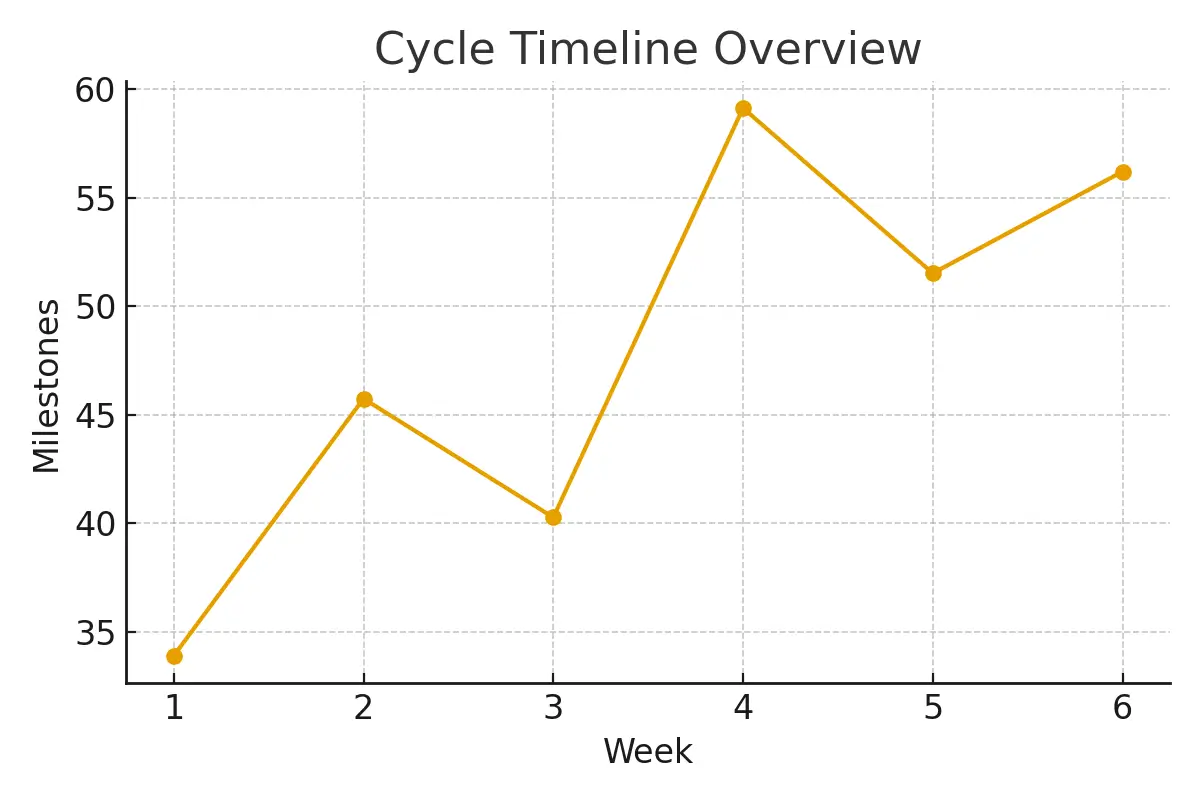
Deciding to move from Intrauterine Insemination (IUI) to In Vitro Fertilization (IVF) is one of the most important transitions in a fertility journey. This article explains when it’s time to consider IVF within your family-building pathway, how to recognize eligibility signals, and how timing can influence success rates and costs. Understanding these factors helps couples and individuals plan effectively, reduce emotional stress, and make data-informed decisions that enhance their fertility outcomes in NYC and beyond.
Understanding IUI and IVF in the Fertility Journey
IUI is often the first-line fertility treatment, especially when ovulation issues, mild male factor infertility, or unexplained infertility are involved. It’s less invasive and more affordable than IVF but may have lower success rates depending on age and diagnosis.
IVF, on the other hand, involves retrieving eggs, fertilizing them in a lab, and transferring embryos into the uterus. It offers more control over fertilization, embryo selection, and genetic testing—making it ideal when earlier treatments don’t deliver results.
Typically, patients transition to IVF after three to six failed IUI cycles, especially if age or ovarian reserve are limiting factors.
Eligibility Signals: When to Escalate or Pause
Recognizing the right time to shift from IUI to IVF depends on several clinical and personal factors.
When to Move to IVF
- Age over 35: Egg quality and ovarian reserve begin to decline, and IVF offers higher success rates.
- Multiple failed IUIs: After several attempts without pregnancy, the probability of success decreases sharply.
- Blocked or damaged fallopian tubes: IVF bypasses the tubes entirely.
- Severe male infertility: When sperm count or motility are low, IVF with ICSI (Intracytoplasmic Sperm Injection) increases fertilization chances.
- Genetic testing needs: Couples wanting to screen for inherited disorders should consider IVF with PGT-A or PGT-M.
When to Pause Treatment
If ovarian stimulation or hormone levels show poor response, your fertility specialist may recommend a break or alternative treatment path.
Step-by-Step: Transitioning from IUI to IVF
- Consultation and Evaluation: Review IUI results, lab work, and ovarian reserve testing (AMH, FSH).
- Personalized Treatment Plan: Determine stimulation protocol and egg retrieval strategy.
- Fertilization and Embryo Development: Monitor embryo quality and consider genetic testing.
- Embryo Transfer: Choose between fresh or frozen embryo transfer (FET).
- Follow-up: Review implantation success, hormonal levels, and next steps if needed.
Timing is key—shifting too late can reduce live-birth probability, while escalating too early may increase unnecessary costs.
Pros, Cons, and Practical Costs
Advantages of Moving to IVF
- Higher success rates per cycle compared to IUI.
- Better control over embryo selection and timing.
- Option for genetic testing to reduce miscarriage risks.
Drawbacks
- Higher upfront costs (averaging $12,000–$20,000 per cycle in NYC).
- More invasive procedures and emotional investment.
IVF Cost Breakdown Example
Here’s a general overview of what you can expect when budgeting for an IVF cycle in NYC:
- Ovarian Stimulation Medications: Typically range between $3,000 and $5,000, depending on dosage and response.
- Egg Retrieval and Fertilization: The core procedure usually costs around $7,000 to $10,000.
- Embryo Freezing and Storage: Expect an additional $1,000 to $2,000 for cryopreservation services.
- Genetic Testing (Optional): Preimplantation genetic testing may add $1,500 to $3,000, based on the number of embryos analyzed.
Outcome Drivers You Control vs. Those You Monitor
- You control: Lifestyle, nutrition, and adherence to medical protocols.
- You monitor: Ovarian response, embryo quality, and implantation rates.
Working closely with your fertility clinic ensures that both controllable and monitored factors align for optimal success.
Questions to Ask Your Fertility Clinic
- How many IUI cycles do you recommend before switching to IVF?
- What are your clinic’s success rates for patients my age?
- Are there hidden or additional costs I should anticipate?
- How does your team support patients through failed cycles?
Expert Insight
“Protect timing and keep plans simple—quality improves when noise goes down.”
— Clinical Team
Patient Case Study
A couple in NYC transitioned from repeated IUI cycles to IVF after age 36. Aligning treatment timing, managing expectations, and choosing frozen embryo transfer improved predictability and outcomes.
Testimonials
- “The steps finally made sense.” — A.&J., Manhattan
- “Costs were clear; no surprise bills.” — L., Hoboken
- “Nurses replied fast with practical coaching.” — K.&V., Queens
Next Steps with Surrogacy4All NYC
Ready to move from IUI to IVF? Surrogacy4All helps patients understand their fertility pathways through transparent pricing, compassionate care, and world-class support. Book your free 15-minute nurse consultation, upload your lab results for a second opinion, or request a cost breakdown customized for your case to start your journey toward success today.
Frequently Asked Questions (FAQs)
Q: Is this medical advice?
Ans : No. Use this information to guide discussions with your fertility specialist.
Q: How many IVF cycles should I plan for?
Ans : Success rates improve cumulatively—plan for multiple cycles if needed.
Q: What affects IVF costs most in NYC?
Ans : Medications, genetic testing, anesthesia, and the number of treatment cycles.
Q: How does IVF improve fertility success rates?
Ans : IVF allows for better embryo selection and timing, significantly enhancing live-birth rates.
Q: What’s the best way to start the IVF journey?
Ans : Schedule a consultation, review test results, and discuss personalized treatment options.

Dr. Kulsoom Baloch
Dr. Kulsoom Baloch is a dedicated donor coordinator at Egg Donors, leveraging her extensive background in medicine and public health. She holds an MBBS from Ziauddin University, Pakistan, and an MPH from Hofstra University, New York. With three years of clinical experience at prominent hospitals in Karachi, Pakistan, Dr. Baloch has honed her skills in patient care and medical research.





